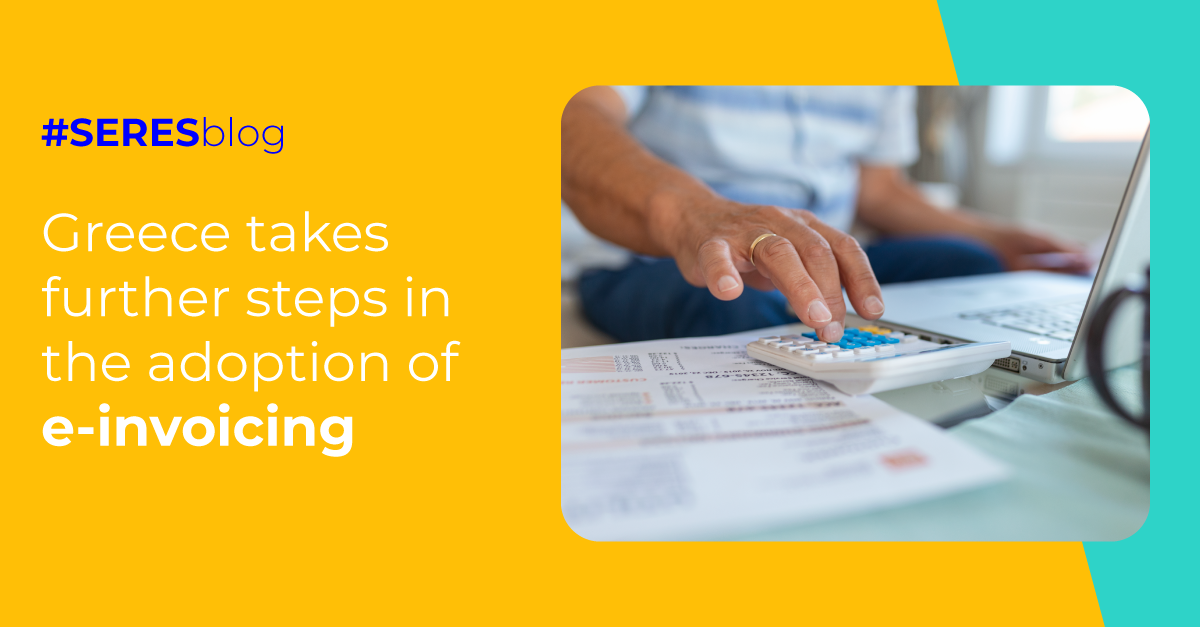B2B e-invoicing in Europe for 2023: forecast and overview
In Europe, electronic invoicing is present in all countries and much of the success of its use is due to the regulatory impulse by the different governments to accelerate its implementation through compulsion. Such is the success of the B2G e-invoicing that the use of it is being extended to the B2B field. In this post, we will see which European countries are already adopting this new modality of invoicing between companies.
Electronic invoicing in Spain
After the recent approval of the Crea y Crece Law and pending its final regulatory development, it is expected that by 2025 all companies will invoice electronically. The implementation will be gradual and divided by groups, with companies with a turnover of more than 8 million euros being the first to adapt to the new obligation.
Electronic invoicing in France
France is moving forward with its new electronic tax system for private companies. On January 17, the European Commission authorized France to introduce mandatory electronic invoicing in B2B that will be effective between January 1, 2024, and December 31, 2026.
After the approval by the Direction Générale des Finances Publiques (DGFiP) of the Budget Law in which the obligation to use B2B electronic invoicing was approved, everything indicates that the massification of electronic invoicing will begin in the coming months. The Ministry of Economy, Finance and Recovery has established a legal and technical framework for the universalization of mandatory electronic invoicing among private companies. Currently, it is finalizing the details of a new model of electronic invoicing and B2B reporting.
Electronic invoicing in Romania
Ordinance 130, published in December 2021, introduced the mandatory use of electronic invoicing from July 2022 for companies that market products with high tax risk; These products are fruits and vegetables, alcohol, new construction, mineral products, clothing and footwear.
For the rest of the companies, and after several meetings with the European Commission, the Ministry of Finance, reported that the implementation of electronic invoicing between companies will not be carried out gradually, but will be mandatory for all from 2024. At the moment, the Government is studying what the exact date would be.
Electronic invoicing in Belgium
The Federal Government contemplates in its annual budget investments for the implementation of electronic invoicing in the B2B field. The announced measure is part of the commitment to the development of digitalization in the country, in line with the guidelines set by the Next Generation funds and the Recovery and Resilience Plan of Belgium. The aim is to combat tax evasion.
Electronic invoicing in Poland
The country is advancing in its project to popularize electronic invoicing among private companies. The features of the new e-invoicing system are included in a draft law published by the Ministry of Finance in February. As of January 1, 2022, Polish entrepreneurs could use the KSeF platform on a voluntary basis. B2B electronic invoicing will be mandatory by January 2024 at the latest for all taxpayers subject to VAT. The Government hopes to advance in the digitalization of the tax system and to be able to benefit from the advantages of its implementation.



